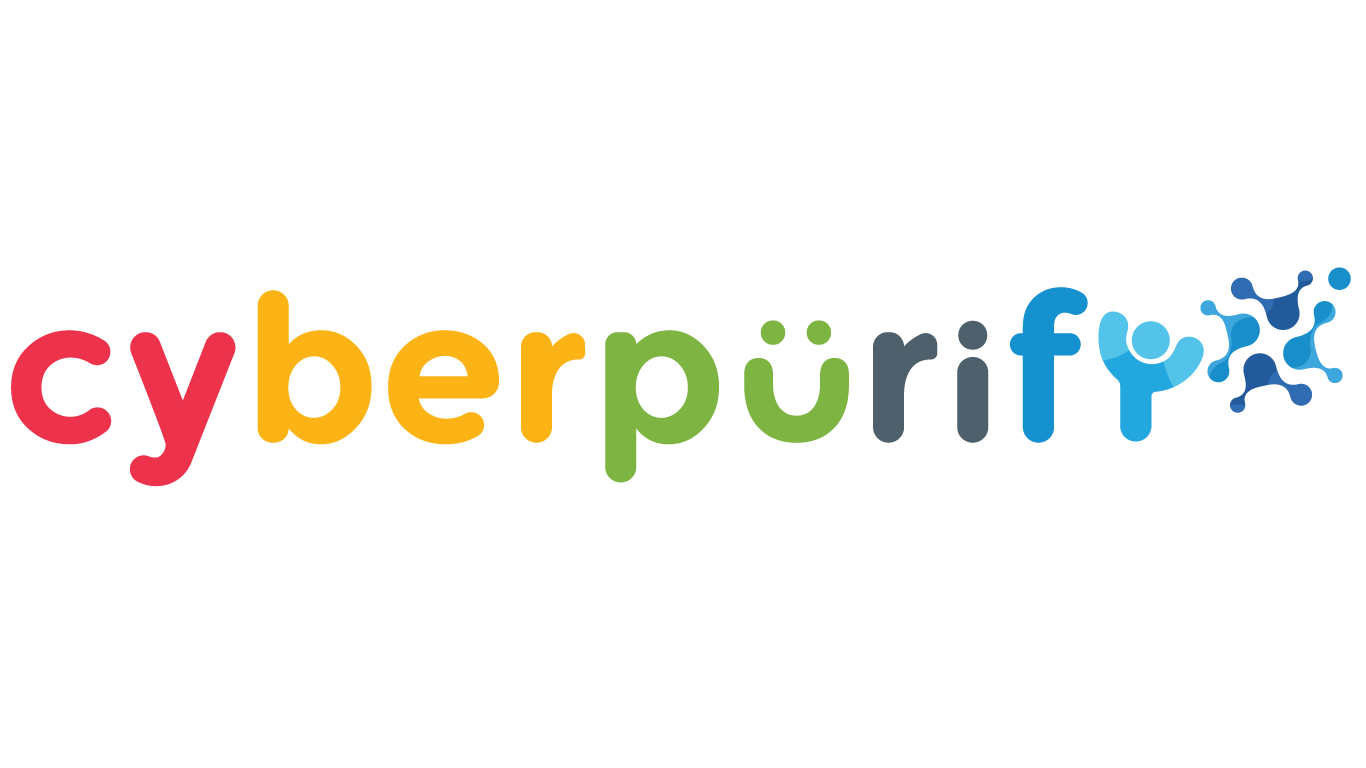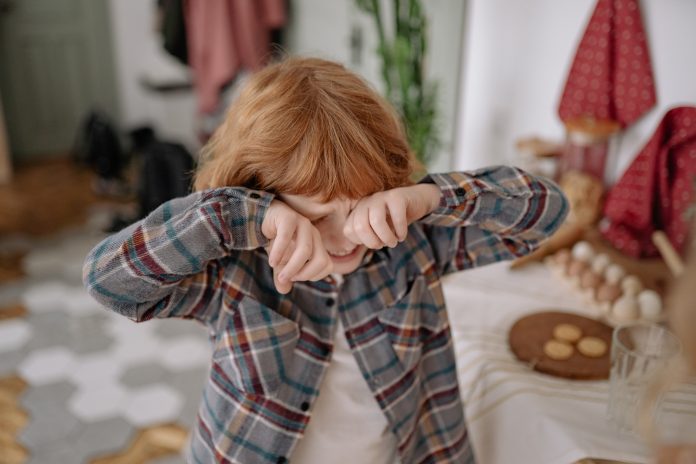TikTok is a popular social media platform that has taken the world by storm in recent years. With its ability to create and share short videos, TikTok has become a source of entertainment and inspiration for many users.
However, TikTok can also be problematic for some users, particularly regarding cyberbullying, mental health concerns, inappropriate content, and privacy concerns. In this blog we will disscus 10 bad things about TikTok and why is TikTok bad for children. Let’s read all to figure out!
10 bad things about TikTok: Why is TikTok bad?
Harmful trends
- Dangerous challenges: TikTok has seen many dangerous challenges, such as the “skull breaker challenge,” where people intentionally trip someone else to make them fall, which can cause serious injury.


This dangerous new TikTok challenge requires three people to stand side by side in a row, the person in the middle will jump, and while they are jumping up, two people standing on either side will kick the center person’s legs.
- Self-harm: There have been instances where TikTok users have promoted self-harm or even suicide, which can be triggering and harmful for vulnerable individuals.
- Eating disorders: TikTok has been criticized for promoting unhealthy diet practices and eating disorders, with some users sharing content that glorifies being thin or restrictive eating habits.
That is just one example of dangerous trends on this platform, parents can find more in this article below:
Mental Health Concerns
Is Tik Tok safe? Probably “NO”
One TikTok issue is its addictive nature. Users can easily spend hours scrolling through the app, which can lead to excessive use and impact their mental health. Research has shown that excessive use of social media can lead to feelings of loneliness, depression, and anxiety.
A real case is Nina, 15, a participant in a research of Ofcom about online risks for children, engaged with images and videos about fitness, fashion, and celebrities. The way her peers perceive models and influencers to be cool has motivated Nina to engage with the content they posted.
Nina’s Facebook feeds are always filled with glamourous images of models and influencers, she may get obssessed with their looks, comparing herself with their appearance and lower her own self-esteem.
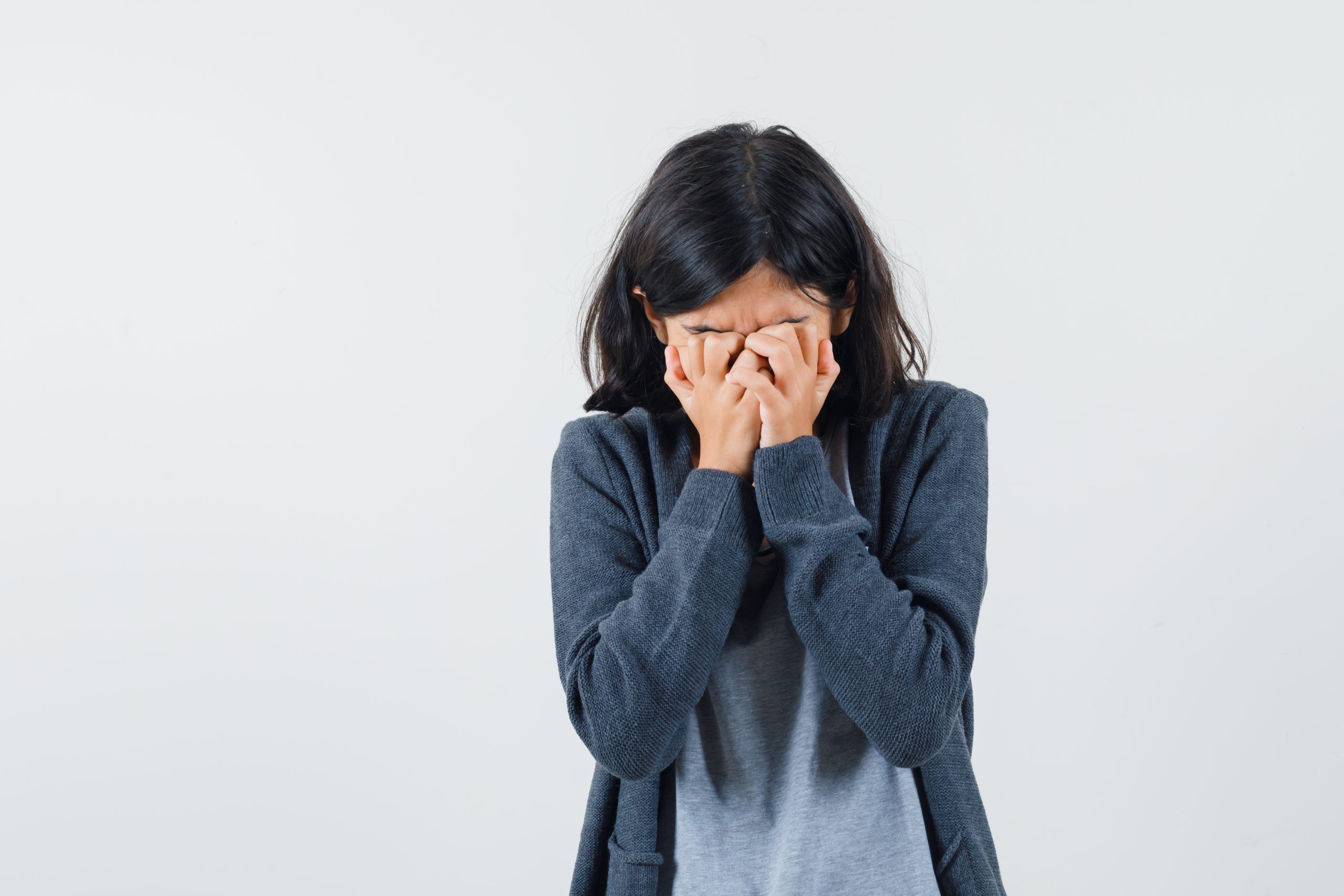

Inappropriate Content
TikTok has also faced criticism for the prevalence of inappropriate content on its platform. While the app has rules to prevent the sharing of explicit content, it is not always effective in enforcing these rules. Users have reported encountering inappropriate content, including sexual content, graphic violence and inapropriate words.
Most kids would love to cover viral TikTok songs or choreographies, but the important thing is that they are dancing and singing along to lyrics that contain insults, racism, swear words, and all kinds of horrible words that you can’t quite imagine!
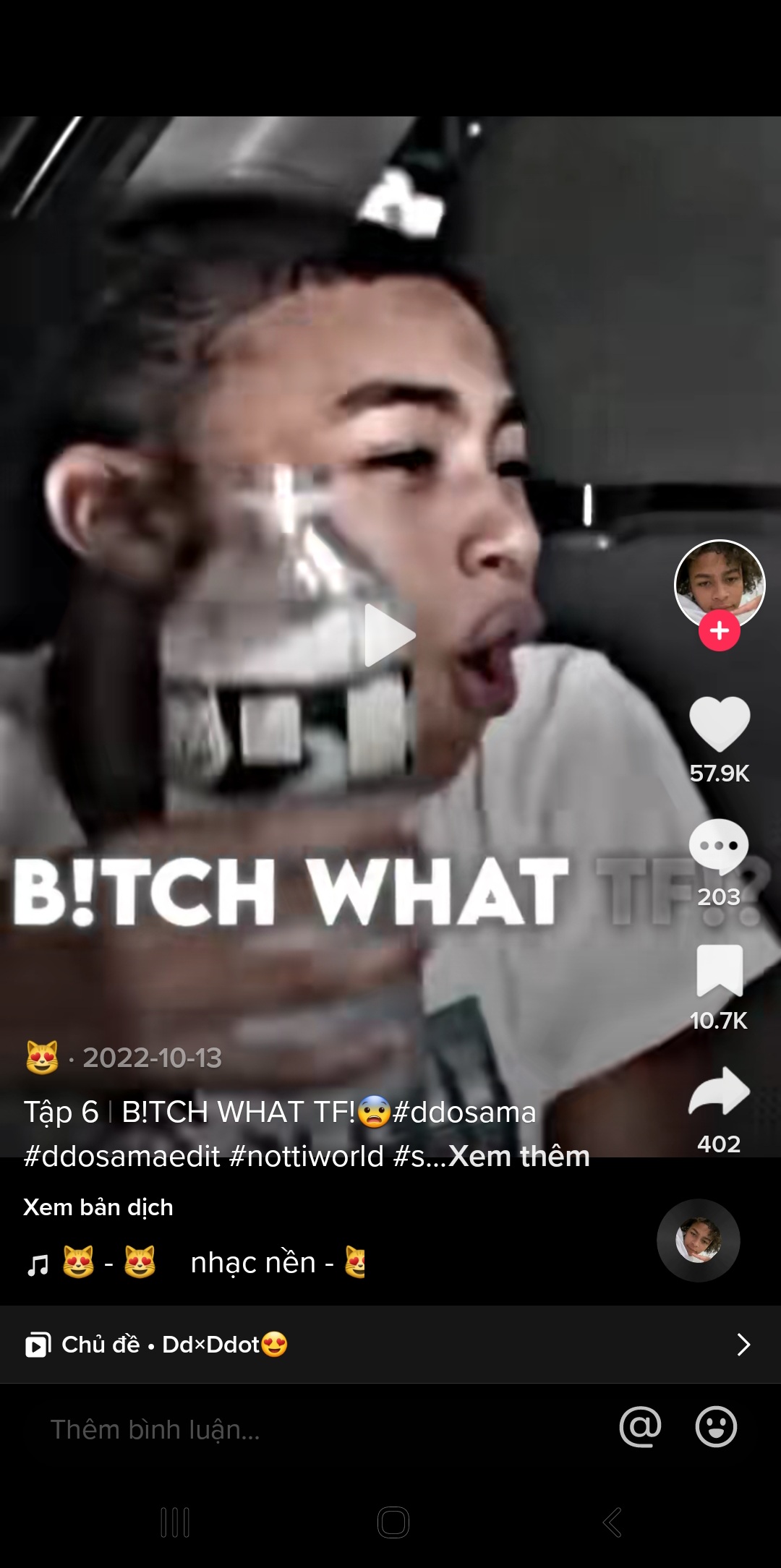

Some typical words like b*tch, n***a, f*** you, etc., or a typical example is Skanky Fishy, many parents have encountered cases of girls as young as 11 years old deliberately posting on TikTok claiming that they have a smelly vagina due to sexual diseases.
Can you believe that?
The potential harm of inappropriate content to users is concerning. Exposure to such content can lead to trauma, anxiety, and other mental health issues.
Sexualization of minors
Why is TikTok dangerous for teens? The sexualization of minors on TikTok is a growing concern as the platform is increasingly popular among young people, including children and teenagers.
Some TikTok users, including adults, have shared sexually suggestive content featuring minors, such as dance videos or provocative poses, which can normalize sexual behavior and objectify children.
Additionally, some predators have used TikTok to groom minors for sexual purposes, with some even requesting explicit images or engaging in sexual conversations with minors. These actions can put children and teenagers at risk of sexual exploitation and harm.
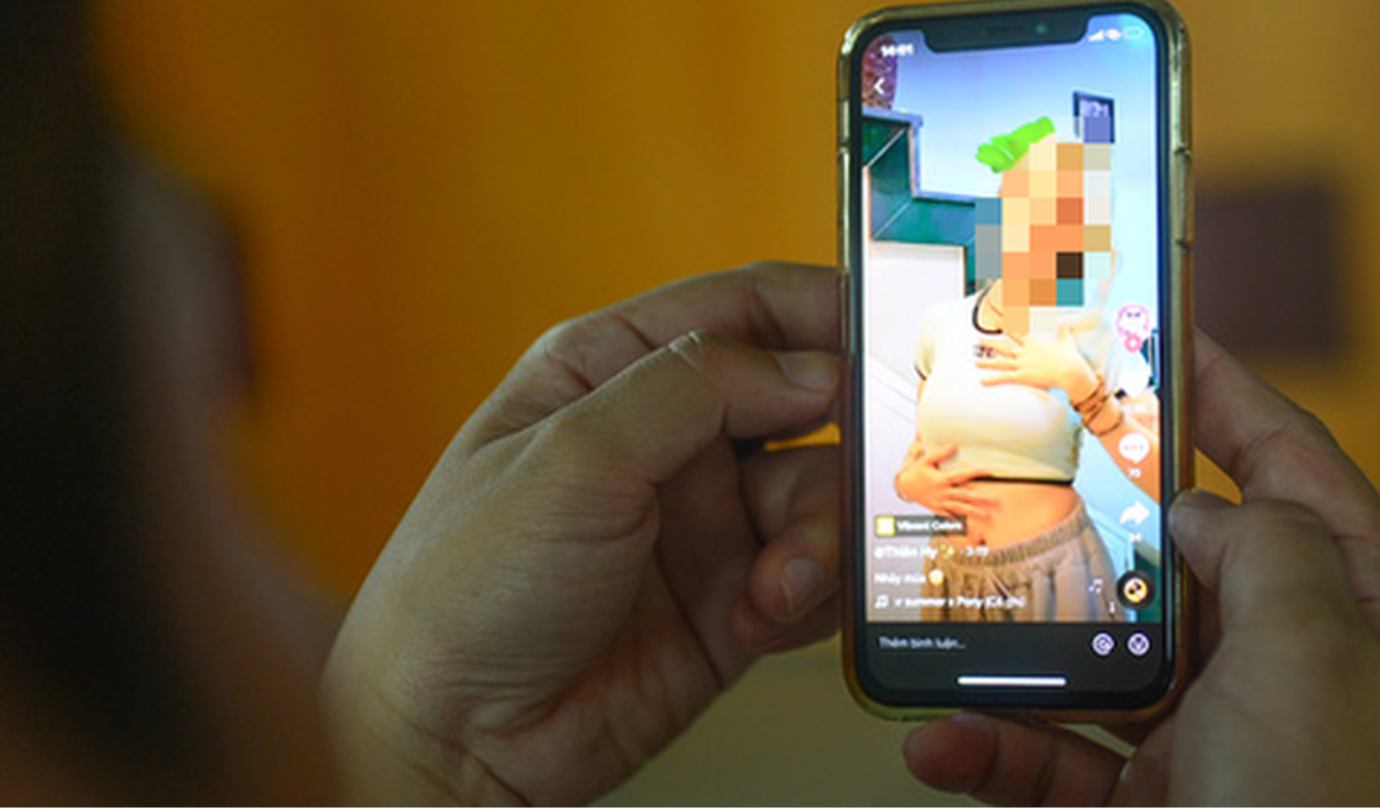

Unhealthy beauty standards
Unhealthy beauty standards on TikTok refer to the unrealistic and harmful beauty expectations that some users promote on the platform. For example, some TikTok users may promote unhealthy weight loss practices, such as restrictive diets or fasting, that can lead to eating disorders or other health problems.
In October 2020, Brig covered TikTok’s toxic trend of #whatieatinaday; since then, the trends have only gotten worse, especially in regard to unrealistic beauty standards.
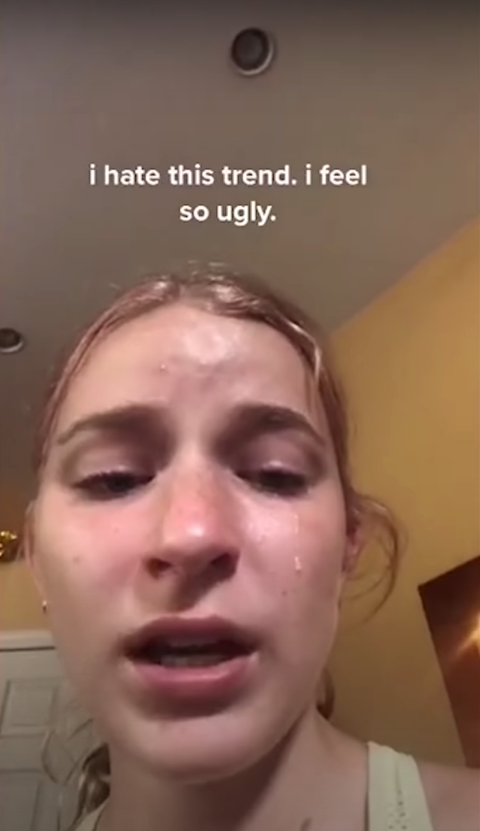

Moreover, the app’s focus on physical appearance and body image can negatively impact users’ self-esteem. Many users feel pressure to conform to beauty standards and present a perfect image of themselves online, leading to a negative impact on their mental health.
Others may promote harmful beauty practices, such as using excessive makeup or cosmetic procedures, that can lead to poor self-image and self-esteem.
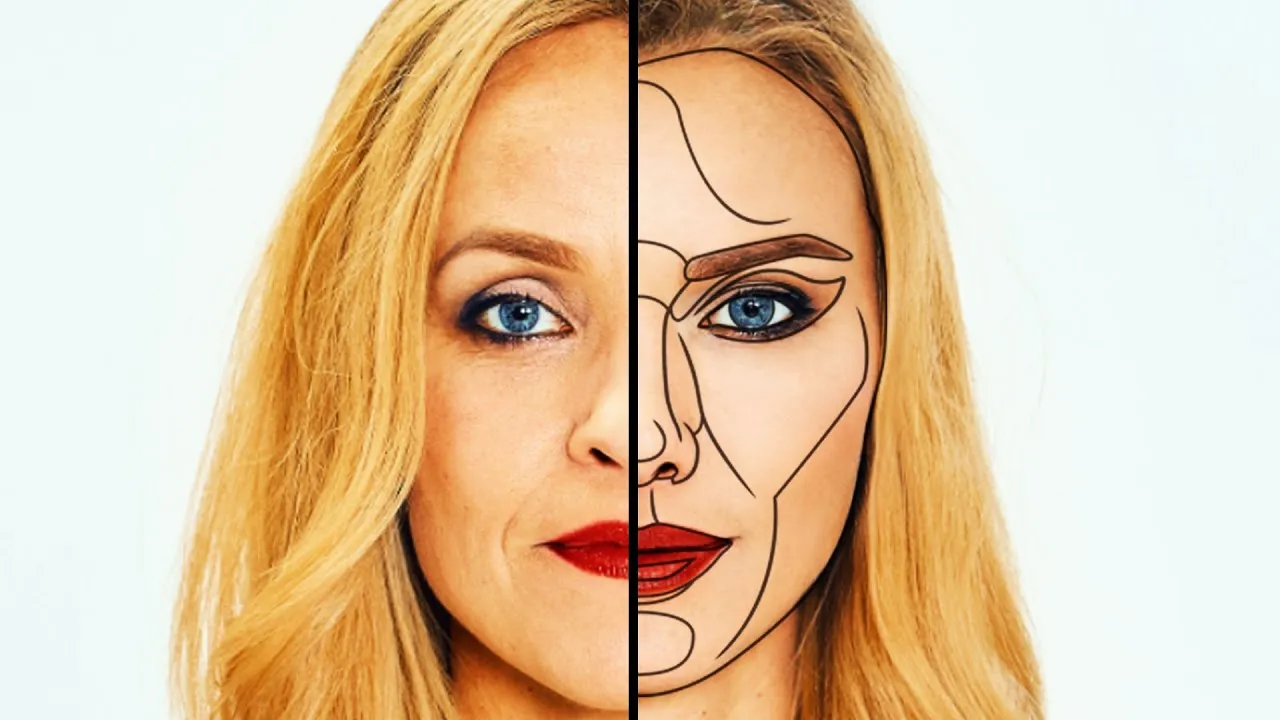

What parents should do to protect kids from TikTok
Parents can take several steps to protect their kids from the potential risks associated with TikTok:
- Set parental controls in that app: Parents can use the app’s built-in parental controls, such as “Digital Wellbeing” and “Restricted Mode,” to limit their child’s time on the app and filter out potentially inappropriate content.
- Use third-party parental control device: Parents can use third-party parental control apps, such as CyberPurify Egg, to control their child’s use of TikTok and other social media apps. Also:
- Do you ever find that your kids keep asking for “just 5 more mins” on their iPads, but end up for 30 mins?
- Does it feel like they would rather be on their devices than have a chat with you?
- Do you worry that their device use is affecting their school performance and social skills?
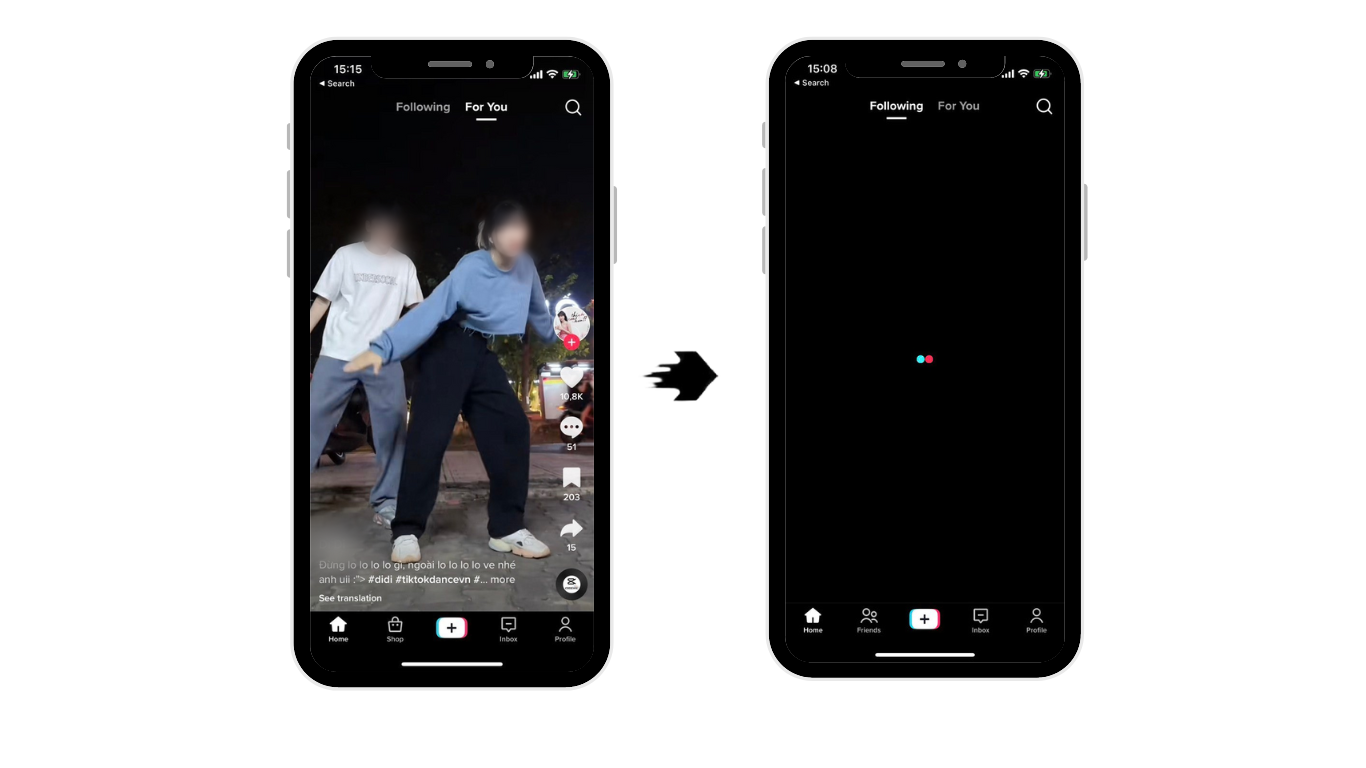

We are here to back you up! With CyberPurify Egg, you can set screen time schedules, automatically blocking access to games, social media, and movies on ANY device your child uses.
Enjoy peace of mind knowing your children are less distracted and less dependent on their devices. Plus, with 24/7 protection from harmful websites, you can minimize the risk of dangerous behaviors and porn addiction.
Get CyberPurify Egg – Your trusted ally in your children’s online journey now!
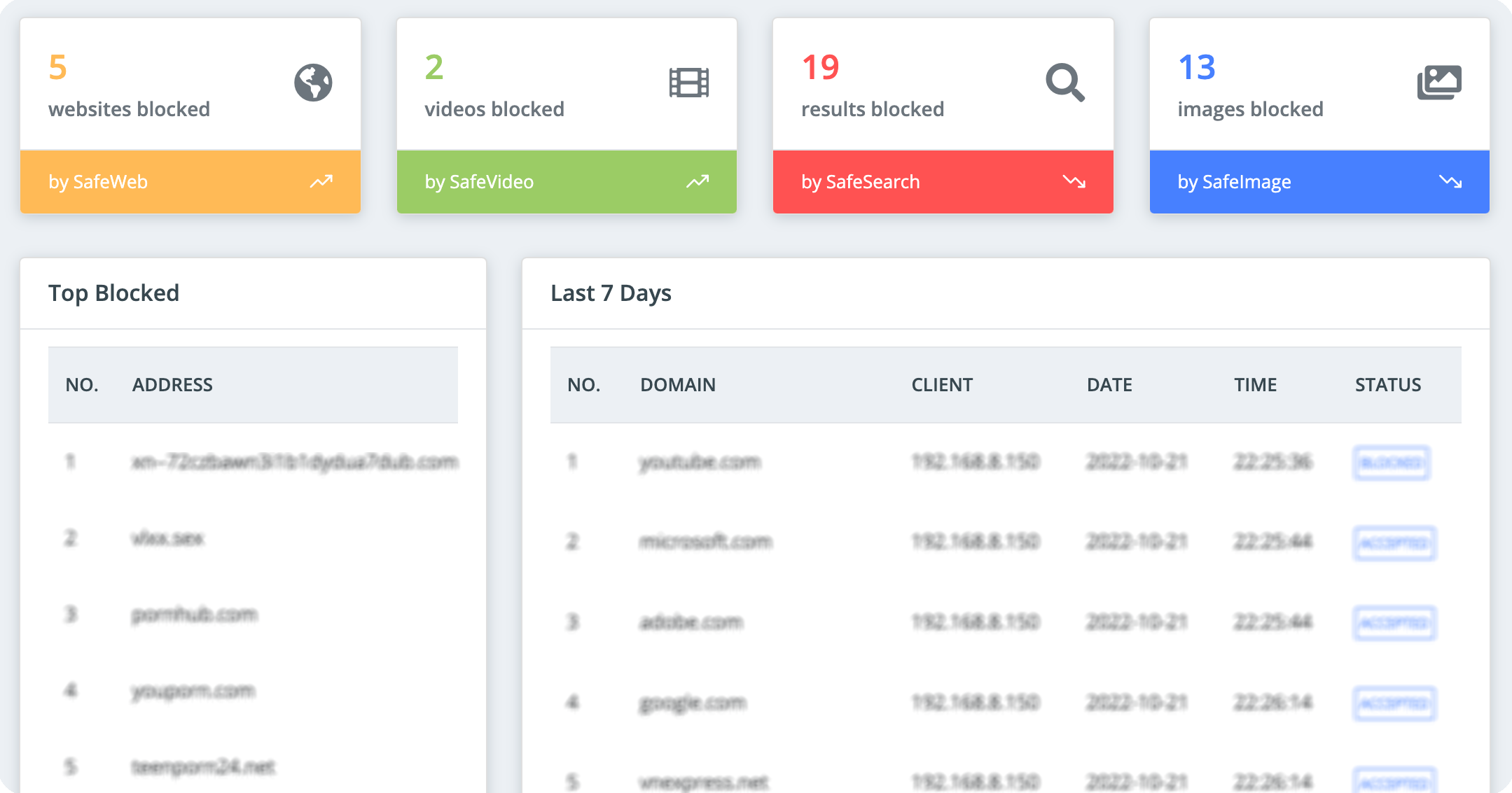

By taking these steps, parents can help protect their children from the potential risks associated with TikTok and promote safe and responsible use of the app.
- Talk to their child about online safety: Parents should have open and honest conversations with their child about why is TikTok bad, the potential risks associated with social media and how to stay safe online.
- Encourage positive content creation: Parents can encourage their child to create positive and creative content on TikTok, such as educational videos or dance routines.
- Report inappropriate content or behavior: Parents should encourage their child to report any inappropriate content or behavior they encounter on TikTok, and they can also report it themselves if necessary.
You may love these articles:
